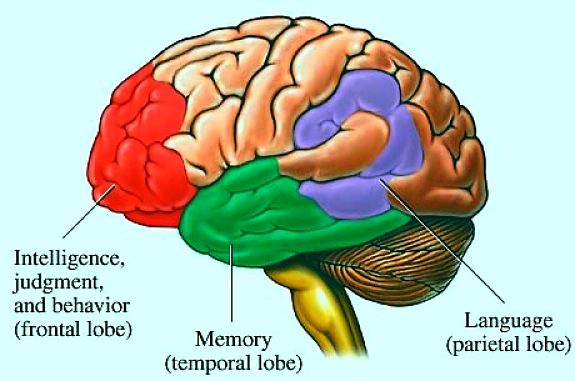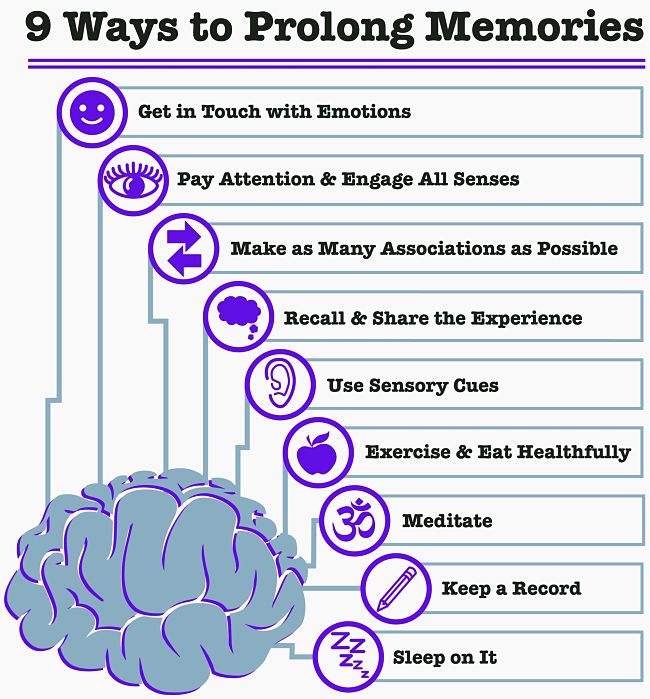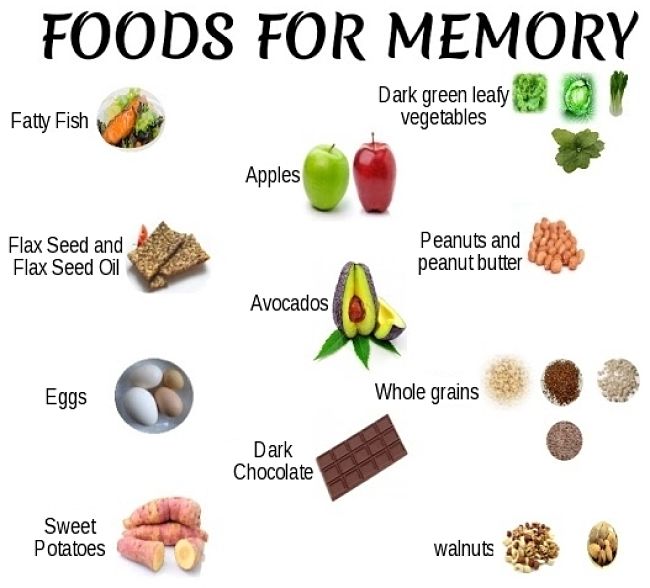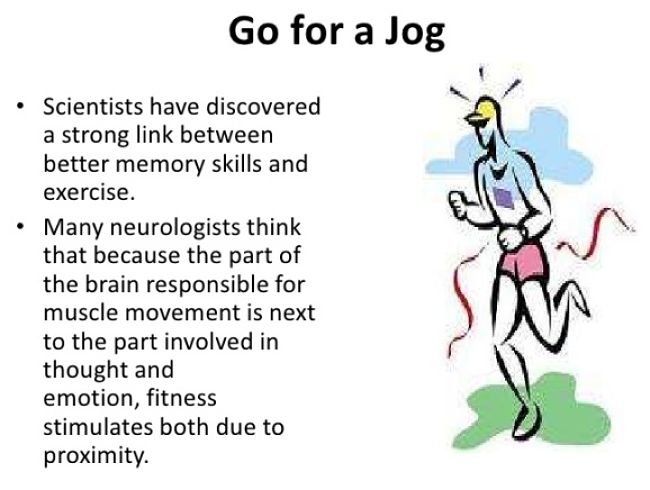Q&A: How to Memorize Things Fast, Quickly, Easily - 10 Best Tips Improving Memory
Improving your memory is much easier than you think because it is dynamic and can be changed. All it takes is some smart techniques, some practical tips and practice with some practical memory building exercises. There are two types of memory long-term and short-term.
Research has shown that your short-term memory’ has a very limited storage capacity. It is limited to about seven pieces of information. To improve your short term memory, you need to learn to put the right things onto the list, and learn to keep the there.
Long-term memory is for things you need to remember when studying for an exam, names of families and friends, past event in your life and many other things. Your long-term memory can also be improved with the right tips and techniques.
This article provides ten practical tips to improve both types of memory and a review of the memory process so you can understand how and why these tips work.

Facts to Help You Understand the Memory Process
Short-Term Memory is Very Limited and Short-Lived
The total capacity of short-term memory is about 5-9 items. You can only hold these 7 or so items in your head for about 30 seconds. You can test this yourself by spending a minute or so memorizing a list of 20 words on a list. After about a minute try to write down as many words as you can. Wait a further 10 minutes and try to recall the list again. You will find that the number of words you can recall will fall off with time. Next try to memorise the first letters of the first 10 words on the list, to help to jog your memory. Restricting yourself to only about 10 words and using the first letters will greatly improve your recall.
Recalling and Testing your Memory Works Better than just Trying to Cram Things In
While most people simply try to cram facts into their brains just before an exam, researchers have found that doing simple tests on the information is very beneficial. One group of students who studied and then undertook various revision tests for what they learned had much better recall rates for what they had studied, than students who had more time to study but did not do tests.
Why do We Forget Things?
There are four major reasons why we forget things:
- Failure to assess and revisit memories - If memories are rarely accessed, they decay over time. If you want to sustain the memory you need to recall it and lay it down again
- Interference with what's in our memories - This occurs when some memories compete with other memories or what is stored gets twisted by other memories and various circumstances. Older memories may corrupt newer ones and vice versa.
- Simple failure to properly commit the thing to memory - It is quite common for people to assume that everything that happens, and all the details, will be committed to memory. Properly memorising things required a deliberate process and not everything and every detail is stored especially over a long time.
- Intentionally wanting to forget things associated with a traumatic or troubling event - We may want to deliberately not recall or memorize certain things.
Top Ten Strategies to Improve Your Memory Techniques
- Use technology and store short reminders to jog your memory - Tools such as smartphones can be used to store a reminder list. Online reminders in calendars can help people keep up with the things they have to do and when they need to be done. The simple act of writing down a list or a schedule can be very useful. Making these lists helps to de-clutter the brain. Trying to remember too many things at once and not being organised can cause memory loss.
- Creating a "mental image" can help - Deliberately making a mental note of things as images, such as where you left your car keys, can help improve your memory. Also record an association by including nearby objects. For example it may be easier to remember where you left your keys by recalling "I left my keys in the desk drawer near the letter opener," and having an image of your keys lying there. This may work better than trying to recall that you left your keys somewhere on your desk. Consciously creating an image works well, but you need to do it deliberately.
- Use mnemonics and other memorization techniques - There are many different types of mnemonics, and many examples available for things like the colors in a rainbow. They all share two things in common – simplification and abbreviations. They help us remember complicated information through rhyme, lists of first letters, associations, imagery, acronyms or even songs. Often they will use associations between things we already have in our memories to help us remember new things.
- Maintaining a healthy body and keeping fit - Maintaining a healthy body, brain and nerve synapses is critical for good memory. Disease and neurotoxins directly cause many with cognitive problems including memory loss, depression, and anxiety. However keeping fit and well is also very important. Regular physical activity helps improve brain circulation and oxygen levels which is important for maintaining peak brain function.
- Stimulate your Brain to Improve Memory - The old expression - "If you don’t use it you lose it" applies to memory retention. It pays to keep your mind and memory well exercised and in working order. Using memory training exercises can be very useful.
- Make sure you get enough sleep - Many researcher studies have shown a correlation between sleep and memory. Lack of sleep can impair cognitive function and memory.
- Focus on One Thing at a Time and Don’t Multi-Task - Good memory depends on focusing on one thing at a time and deliberately identifying what you want to remember. You need to pay close attention to the task at hand.
- Use the Senses - Smell, taste, touch, hearing and vision to boost memory - The more senses you involve when encoding something to memory, the stronger the memory becomes.
- Repeat it as this Helps to Burn it in - Repetition works well for most people, allowing a short interval of time between encoding.
- Divide Long Numbers into Smaller Chunks - It is a lot easier to remember a long 10-digit telephone number by sub-dividing it into a three digit area code, a three digit prefix, and a four digit number. This may be related to our short-term memory being restricted to 7 things. So always subdivide long numbers and other pieces of information into small chunks..
- Organize Things Before Committing them to Memory - Organising things to simply them and to provide a logical sequence or order, helps our brains better encode the information in the first place.
- Build Strong Associations at the Outset - Memory will be enhanced if you make associations and linkages when you first encode the information. Always think about how the thing you want to remember is related to something else remembered. The memory for both related things will be enhanced. Relate new information to things you already know.
- Put Extra Effort and Focus into Memorizing more Difficult and Complex Information - Always try to use a structure and sequence to complex things you want to remember. Trying to memorize random things without their relationships will seldom work. If it’s complex, work out a structure and network of relationships, before you try to commit it to memory. This will make it much easier to recall.


